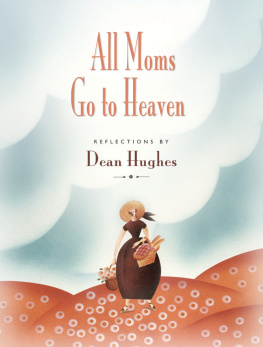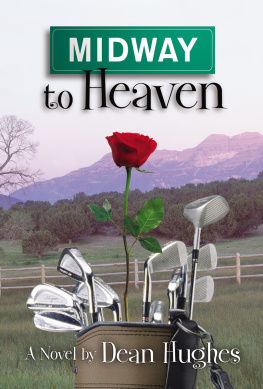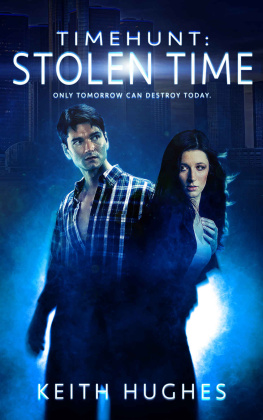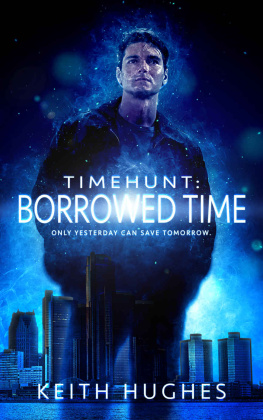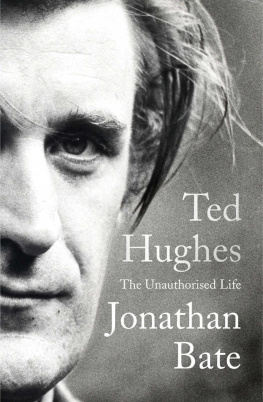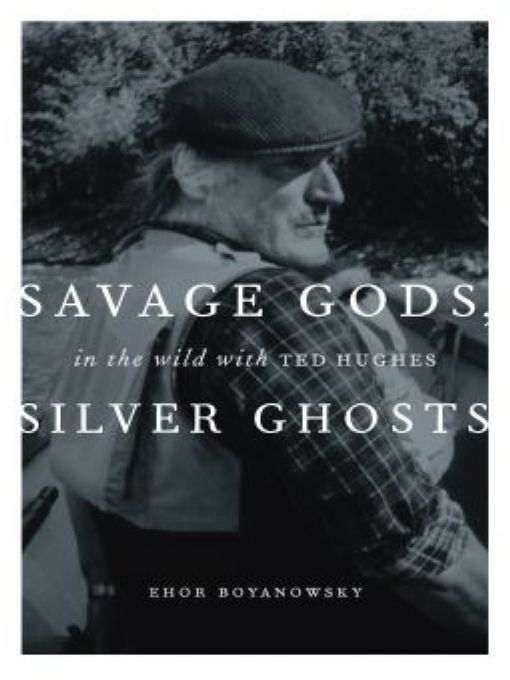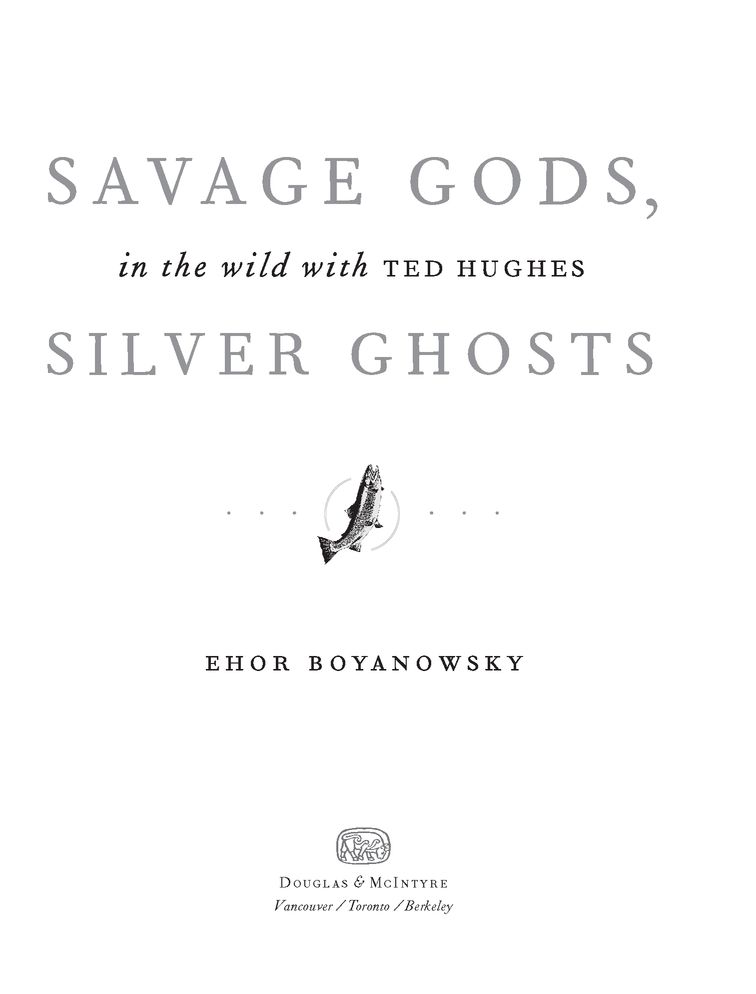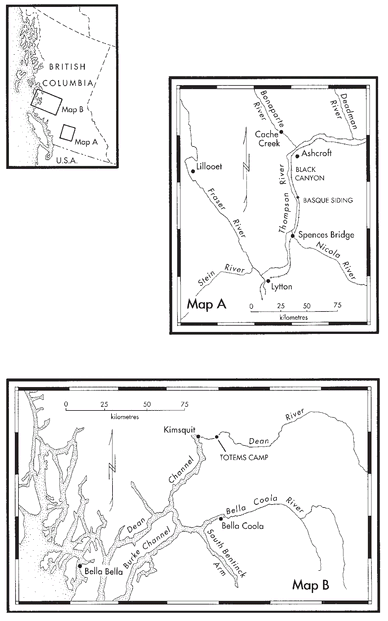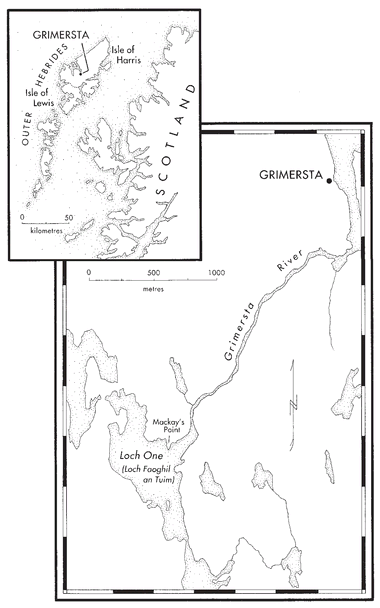Table of Contents
For Lesia and Steve,
who were always there for me
In memoriam:
Nick Hughes, 19622009
PROLOGUE
Flashes of lighta fusillade from the ambush of paparazzipunctuate the gloom of a London May morning. Three of us move through the onlookers to the great doors of Westminster Abbey. Stewards lead the way past soaring gothic columns resounding with the sonorous waves of a Bach fugue. We take our seats in Poets Corner under a dark bust of William Blake as the intonations of the Westminster Choir rise above the dying echoes of the great organ. A hand on my sleeve. Dad, I dont feel too well. I glance at Alexei, my twelve-year-old. His first time in a great mediaeval church, he is nearly overcome. Its like heaven, he whispers. We rise as the queen mother, as lovely and fragile as an autumn leaf, enters upon the arm of her grandson, the Prince of Wales.
More than seventeen hundred of us gather in the church this afternoon in 1999. That number includes members of the royal family, politicians and conservationists, academics, anglers, socialites and many poets, among them Nobel Laureate Seamus Heaney and Andrew Motion, soon to be named Poet Laureate. Finally, a procession of clerics, including the controversial dean of Westminster, Wesley Carr. Most are here as admirers of an extraordinary man, thinker and poet, Ted Hughes. It is an occasion created by his wife, Carol, to give thanks for the life and work of the Poet Laureate who died in October at the age of sixty-eight.
There is much music, from the lyricism of thirteenth-century Scots balladeer Thomas the Rhymer adapted by Ted for his friend, Iranian folksinger Shusha Guppy, who accompanies herself on guitar (When you are old enough to love you will be taken prisoner by the blossom of apple and pear...) to, at the close, the haunting melody of Spem in alium by sixteenth-century English composer Thomas Tallis and sung by the Tallis Scholars. I think back to my first visit to Devon when I commented to Ted on the beauty of the countryside, the air rich with history and thick with ghosts, and he retorted with delight: Yes, and can you see why I love British Columbia where the air is light and unencumbered? I feel freed when Im there.
We met through a common acquaintance, a journalist who wrote for The Times of London. Teds first visit in 1986 to read at the University of British Columbia turned into annual two-week sojourns spent usually on the Dean River, more than 450 kilometres northwest of Vancouver, occasionally in Devon and Scotland as well. It was around our campfire on the Dean, on a September night with a barrage of northern lights rippling and crackling overhead, that he told me how coming to British Columbia had rekindled a part of him long dormant.
For Ted, British Columbia was the road not taken. As a boy in the Yorkshire Pennines he would tag along with his older brother, Gerald, on hunting, fishing and trapping excursions. He was my retriever, Gerald tells me in the foyer of the Abbey. Around campfires on the moor, Gerald and Ted would discuss the wonders they found in the books of Roderick Haig-Brown, a British expatriate who settled in Campbell River on Vancouver Island and enthralled young people the world over with his stories of fishing, hunting and life in the woods. They made a pact to emigrate together to British Columbia, but Gerald moved to Australia and Ted went to Cambridge, then no farther than Devon. In spirit and gesture, he once told me, I reminded him of his brother: But that doesnt do much for you? So moved was I to hear that characterization, I fear now that perhaps I didnt convey enough of the pleasure I took from his company.
In the Abbey, speakers read extensively from Teds works. The poems range from nightmarish memories of the First World War that, left unspoken, haunted his father, to Anniversary, wherein he evoked the death of his mother in her feathers of flame, and That Morning, in which he contrasted watching salmon in a stream with boyhood memories of endless flights of bombers in the night sky.
Teds words fill the Abbey, igniting memories. Among those memories is that hushed recital hall at the University of British Columbia, where Ted crafted a setting for each poem so revealing that it made perfectly transparent images that the ordinary reader often finds at once complex and obscure. The joy and wonder that glowed in his handsome, craggy face when he beheld his first ghostlike steelhead on the Dean. The day we wrote a poem together to celebrate the sixtieth anniversary of my wifes grandparentsfour iterations in two hourswhile packing to fly out to fish next morning.
When the rivers and wild salmon of Britain and British Columbia came under threat of extinction, Ted was there, no longer reluctant to speak out or write essays, though he was a shy and reserved man, loath to be in the public eyeperhaps because once that reserve was breached, his inclination was to give of himself entirely. When my personal world darkened, he would phone every week and write me long letters generously offering his own life experiences to provide meaning and even optimism for the future.
Teds life had its own dark chapters, as his friend and collaborator Seamus Heaney alludes to standing before us in the Abbey: Ted was a great man and a great poet through his wholeness, simplicity and unfaltering truth to his sense of the world. That sense of the world was epic and stern, in that it constantly beheld behind the business of the usual, a sacred drama being enacted.
Im struck by how much Heaneys words reflect a poem Im sure he never read. Ted wrote The Bear as part of a logbook entry on the Dean and offered it to us to use as we wished. Describing a storm it recalls:
The thousand-mile humping of mountains
That looked immovable, was in a frenzy,
Metabolism of stars, melt of snows
Was shivering to its ecstasy in the Steelhead.
This actually was the love-act that had brought them
Out of everywhere, squirming and leaping,
And that had brought us toobesotted voyeurs
Trying to hook ourselves into it.
I can still clearly recall his voice as he lay by the campfire on the Thompson River pointing out the Perseids meteor showers to a very young Alexei, regaling us all with ghost stories, his spirit spilling over with the joy of rediscovering the universe through the eyes of a child. On my granddaughters first birthday Ted penned a verse that we stuck on a rocket and fired off over Howe Sound. At his urgingto assure good fortune, he saidno copy was kept.
Later, we discussed what we would do differently if we had our lives to begin again. I presumed, given his great achievements, that Ted would not change his career. Not so. I might want to come back as a Sufi. One who meditates on the secrets of the universe, pursuing inner truth and peace and imparting those insights to the people in stories? A light year away from the public glare of Poet Laureate.
Heaney goes on to place Ted in the pantheon of great poets from Cdmon to Shakespeare to Hopkins. There is silence. Then a powerful Yorkshire voice fills the sacred space: Fear no more the heat of the sun. It is Ted reading from Shakespeares


